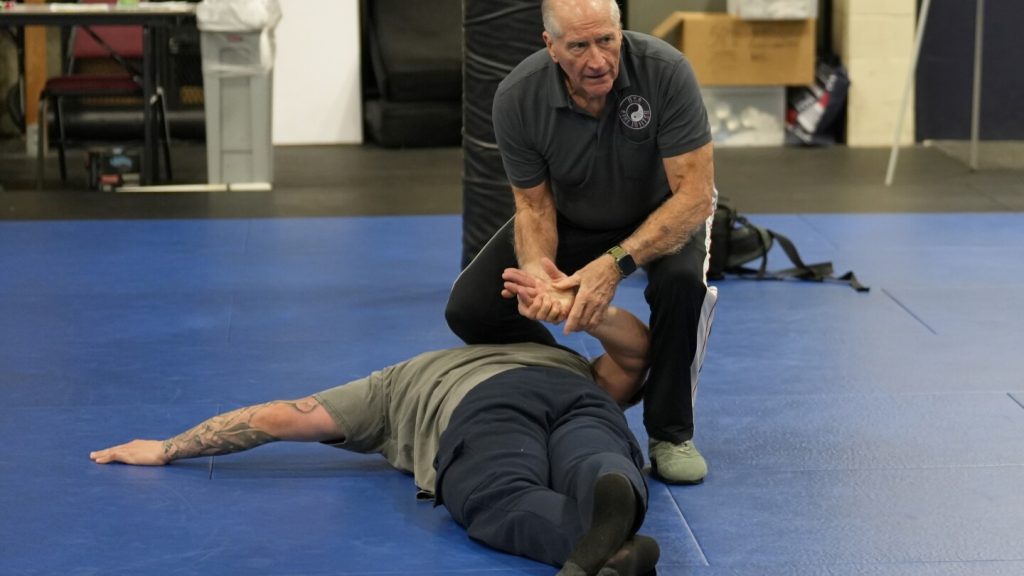A recent investigation by the Associated Press has uncovered a concerning trend in policing across the United States regarding the use of prone restraint, a technique that involves handcuffing individuals facedown on the ground. Despite warnings dating back to 1995 about the dangers of this tactic, law enforcement officers continue to use it in a manner that is not in line with best practices, resulting in numerous deaths. The investigation found that at least 740 cases of prone restraint were documented over a decade, with many individuals being held down for longer periods than recommended. In some cases, officers continued to apply pressure even after the person was handcuffed, leading to fatal outcomes.
The lack of a national rulebook for policing in the U.S. has contributed to the ineffective training and contradictory practices surrounding the use of prone restraint. Each state writes its own standards, and individual departments and training centers determine what officers are taught, leading to a lack of consistency in training. In 2021, California passed a law limiting police tactics that could result in death due to the positioning of someone’s body, including prone restraint. However, the investigation found that instructors at several state-certified training centers in California continue to teach that holding someone facedown is not dangerous, despite evidence to the contrary.
The investigation also revealed that officers often use prone restraint in conjunction with other forms of force, and medical officials cited prone position or asphyxia due to restraint as a cause or contributing factor in many deaths. Training standards vary widely across states, with some requiring robust training on the risks of prone restraint, while others do not. Instances of officers not receiving adequate training or being unaware of the risks associated with prone restraint were documented in several cases where individuals died after being held facedown by police.
One of the cases highlighted in the investigation involved the death of Terrell “Al” Clark in Sylvester, Georgia, in 2016. After being facedown on the ground for just a minute, Clark lost consciousness and later died, leaving behind his pregnant girlfriend. The officer involved stated that he was unaware of the risks associated with prone restraint at the time. Similar stories of individuals dying after being held facedown by police, including cases in Georgia, Rhode Island, and California, underscore the urgency of addressing the widespread misunderstanding of the dangers of this tactic.
The investigation also delves into the misconceptions and training gaps that contribute to the improper use of prone restraint by officers. Despite decades of research and warnings about the risks of positional asphyxia, some officers still believe in common myths, such as if someone can talk they can breathe. The tragic stories of individuals like Reginald Payne in Sacramento, California, who died while being restrained facedown by police, highlight the urgent need for comprehensive training reforms and accountability measures to prevent further deaths due to the improper use of prone restraint. Through rigorous reporting and collaboration with investigative journalism programs, the Associated Press aims to shed light on this critical issue and advocate for reforms in policing practices.


